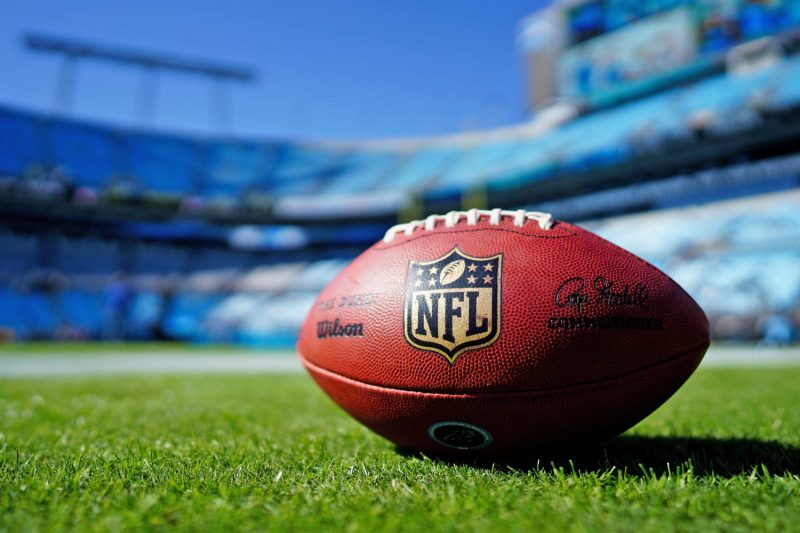The National Football League (NFL) continues to be at the forefront of innovation and updates in professional sports, with recent news regarding the approval of private equity investment making waves across the sports business landscape. By a notable margin, NFL owners have voted in favor of allowing private equity firms to invest in various team assets. This decision marks a significant shift in the league’s ownership structure and raises important questions about the future of professional sports ownership.
One of the key implications of this move is the potential infusion of capital into NFL teams. Private equity firms are known for their substantial financial resources and expertise in maximizing the value of their investments. By partnering with such firms, NFL teams may gain access to additional funds that can be used to enhance stadium facilities, improve player performance, and elevate the overall fan experience. This influx of capital could help teams remain competitive in an increasingly challenging sports market.
Moreover, the involvement of private equity in NFL ownership raises questions about the balance between traditional ownership structures and modern financial practices. Historically, NFL teams have been owned by individuals or families with deep ties to their respective communities. Private equity investment introduces a new layer of complexity to this model, as firms are driven by profit motives and may not have the same longstanding connections to the teams and their fans. It remains to be seen how this shift will impact the culture and identity of NFL franchises.
On the flip side, private equity investment could also bring about positive changes for the league and its teams. Firms specializing in this area often have access to sophisticated analytics and business strategies that can help organizations operate more efficiently and strategically. By leveraging the expertise of private equity partners, NFL teams may be able to optimize their operations, drive revenue growth, and navigate the complexities of the evolving sports industry landscape.
Furthermore, the approval of private equity investment in the NFL reflects a broader trend in the sports industry towards embracing new ownership structures and financial arrangements. As the business of sports becomes increasingly competitive and globalized, teams are exploring innovative ways to stay ahead of the curve and secure their long-term financial viability. The entry of private equity into NFL ownership represents a bold step towards this goal and sets a precedent for other leagues and organizations to follow suit.
In conclusion, the recent decision by NFL owners to allow private equity investment in team assets has far-reaching implications for the league, its teams, and the sports industry as a whole. While this move offers exciting opportunities for financial growth and strategic advancement, it also raises important questions about the changing nature of sports ownership and the potential impact on team culture and identity. As the NFL navigates this new chapter in its history, both fans and industry observers will be closely watching to see how this development shapes the future of professional football.






























